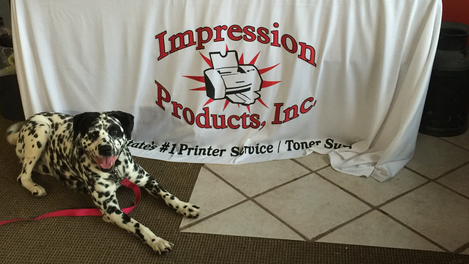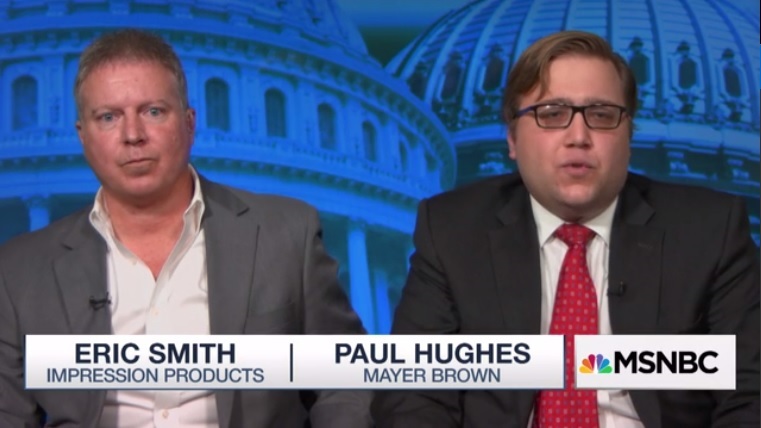David vs. Goliath: used cartridges are no longer owned by manufacturers
In the US Supreme Court, the high-profile case of Impression Products v. Lexmark International, which is significant for the entire printing market, ended. By a collective decision of the judges, large vendors will no longer be able to press the power of patent law on small firms involved in refueling and restoration of original cartridges.
→ The original court document , an article on the wiki with a detailed analysis of the case .
Lexmark is one of the largest American manufacturers of printing equipment (recently owned by the Chinese). And like most, the company operates on a vendor lock-in scheme , selling relatively cheap printers and prohibitively expensive supplies.
For those who want to save money, there is a Lexmark Return Program - the company collects spent cartridges on its own, refills them and sends them back for sale. You can buy them at a discount (about 20% cheaper than new ones), but with the condition - use only once, no independent refueling. Nobody relies on the honest word of buyers, and the working life of such ink tanks is limited to special chip firmware that blocks printing. In a normal situation (with new cartridges) the printer would be limited to a warning, but it did not stop working.

By the way, the company gets used cartridges back under the Lexmark Cartrige Collection Program, allowing customers to send them back without even requiring money. Solely for the sake of the environment.
Impression Products is a small family business in Charleston, West Virginia, which has been refilling cartridges for copy machines for nearly forty years. The small scale of the enterprise, which employs 25 people, can be judged even by their simple site . Recently, the latter is replete with links to articles and news stories on the confrontation with the print giant.

Like many other small companies, Imression refilled any toner cartridges, including the very “returned” ones from Lexmark, and then sold much cheaper than the originals. It was not difficult to get around the protection of “disposable” chips. In fairness, the trade in non-original consumables has long been controversial from a legal point of view, but here the printing giant, as they say, found something to complain about and densely populated by several refuellers, including Impression.
Lexmark had an excellent trump card in its sleeve - American patent law, which allowed manufacturers to freely dispose of inventions over the next 20 years. Faced with powerful judicial pressure, Impression was on the verge of closure. However, director Eric Smith (who inherited the business from his father) managed to reach out to jaunty lawyers from Mayer Brown. And those, in turn, not only dragged the matter right up to the Supreme Court, but also won it.

Eric Smith and lawyer Mayer Brown share their story on national television
The panel of judges very unexpectedly defended small businesses and decided that the patent law applies to cartridges only until their “first sale”. From this moment it is believed that the manufacturer received his legal remuneration for the invention, and the cartridge completely becomes the property of the buyer and he is free to dispose of it as he wants, including refueling and selling again. Moreover, businessmen working in the secondary market get the right to sell "reissued" cartridges not only in America but also around the world.
The importance of this case is not at all limited to a successful outcome for Impression Products. In fact, by their decision, the judges finally legalized the international secondary print market, at least for American manufacturers.
The consequences of a high-profile lawsuit were not long in coming. The very next day, a large Chinese manufacturer of non-original consumables, ApexMic (recently changed its name to Ninestar, although everything is complicated there) turned to the US International Trade Commission (USITC or just ITC) to remove its products from the list of banned for import (General Exclusion Orders). A month earlier, by a decision of the commission, Apex was blocked from supplying goods related to Epson patents.
Such a turn of events looks ironic in light of the fact that ApexMic is part of Lexub's single holding Zhubai Seine Technology with Lexmark.
